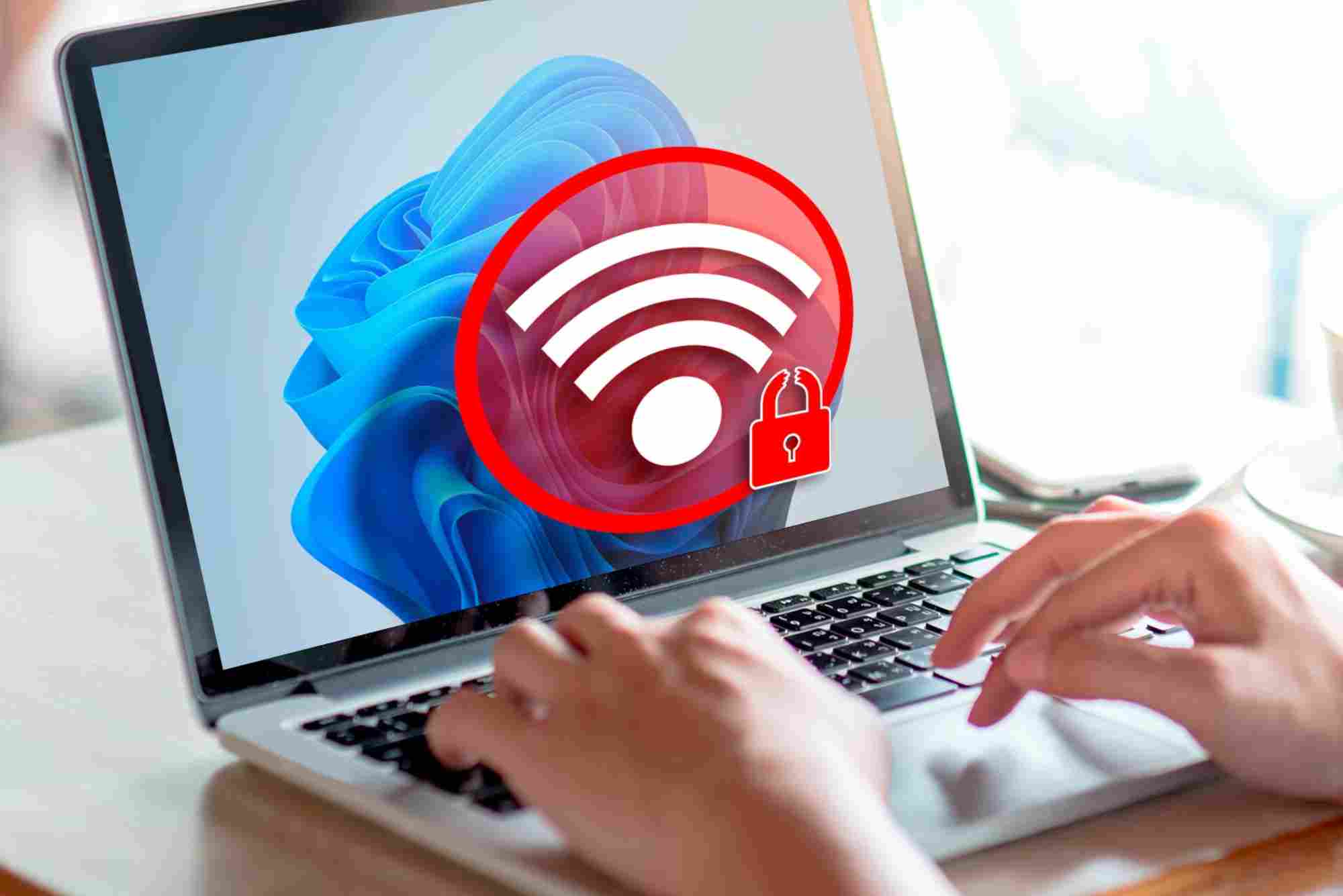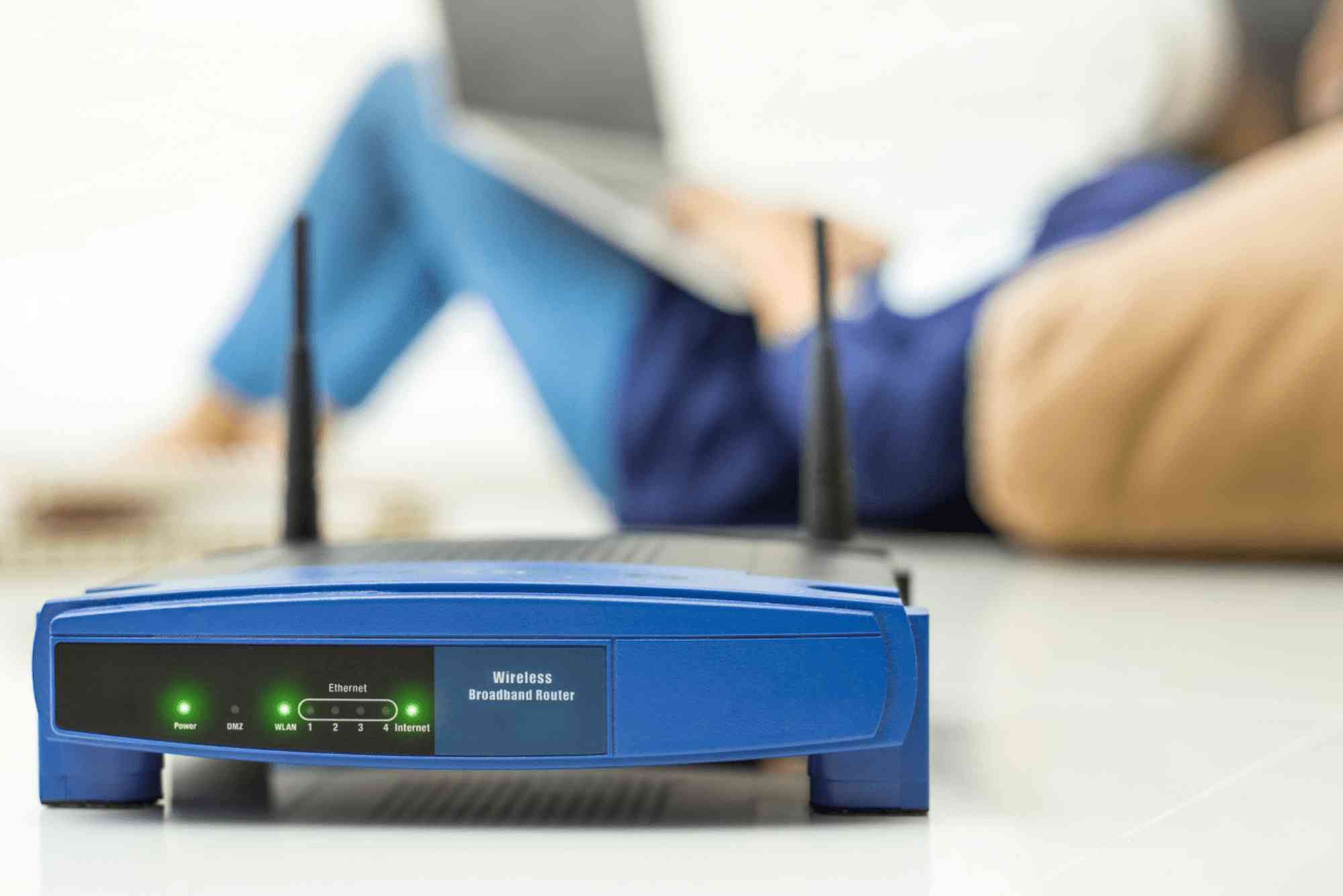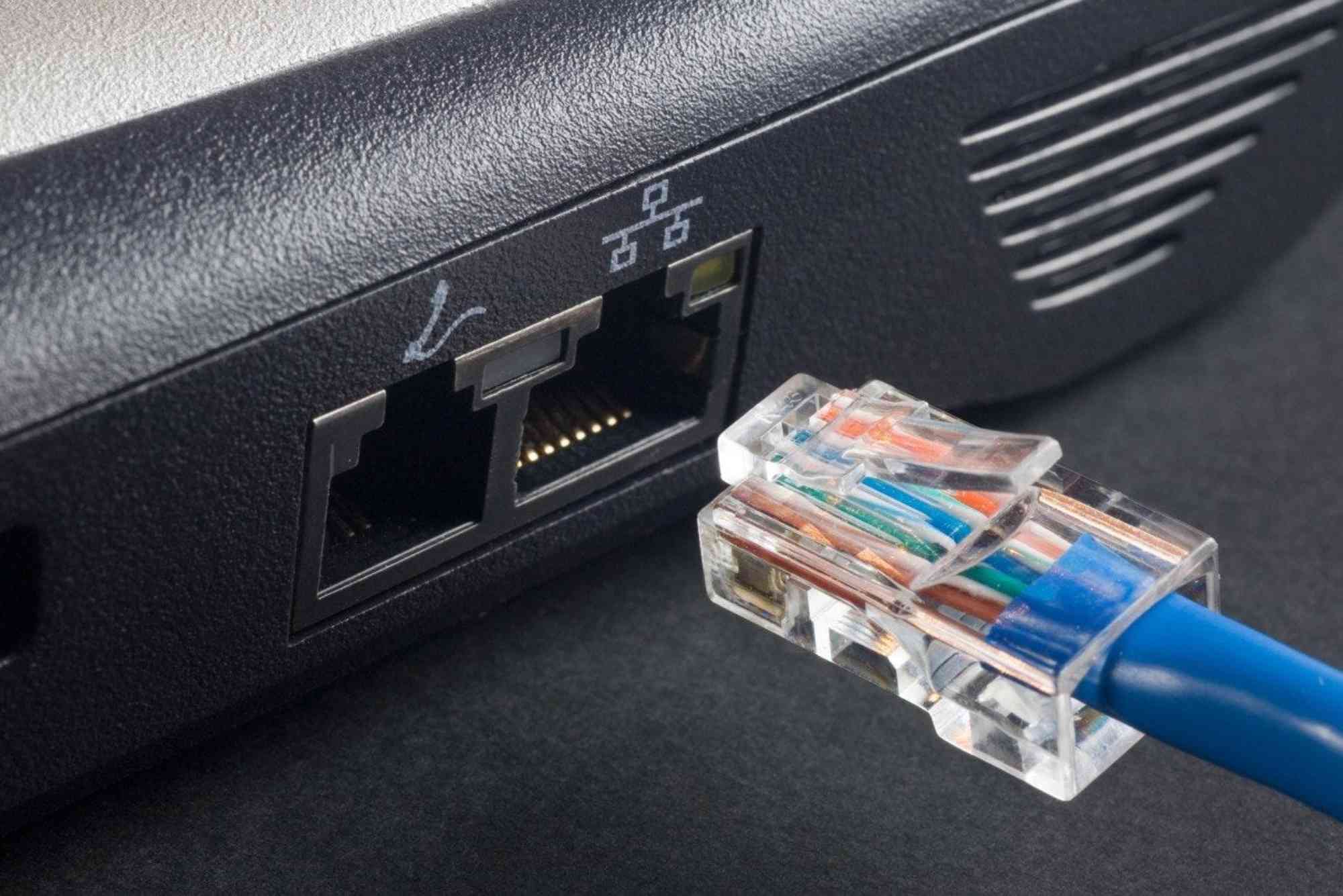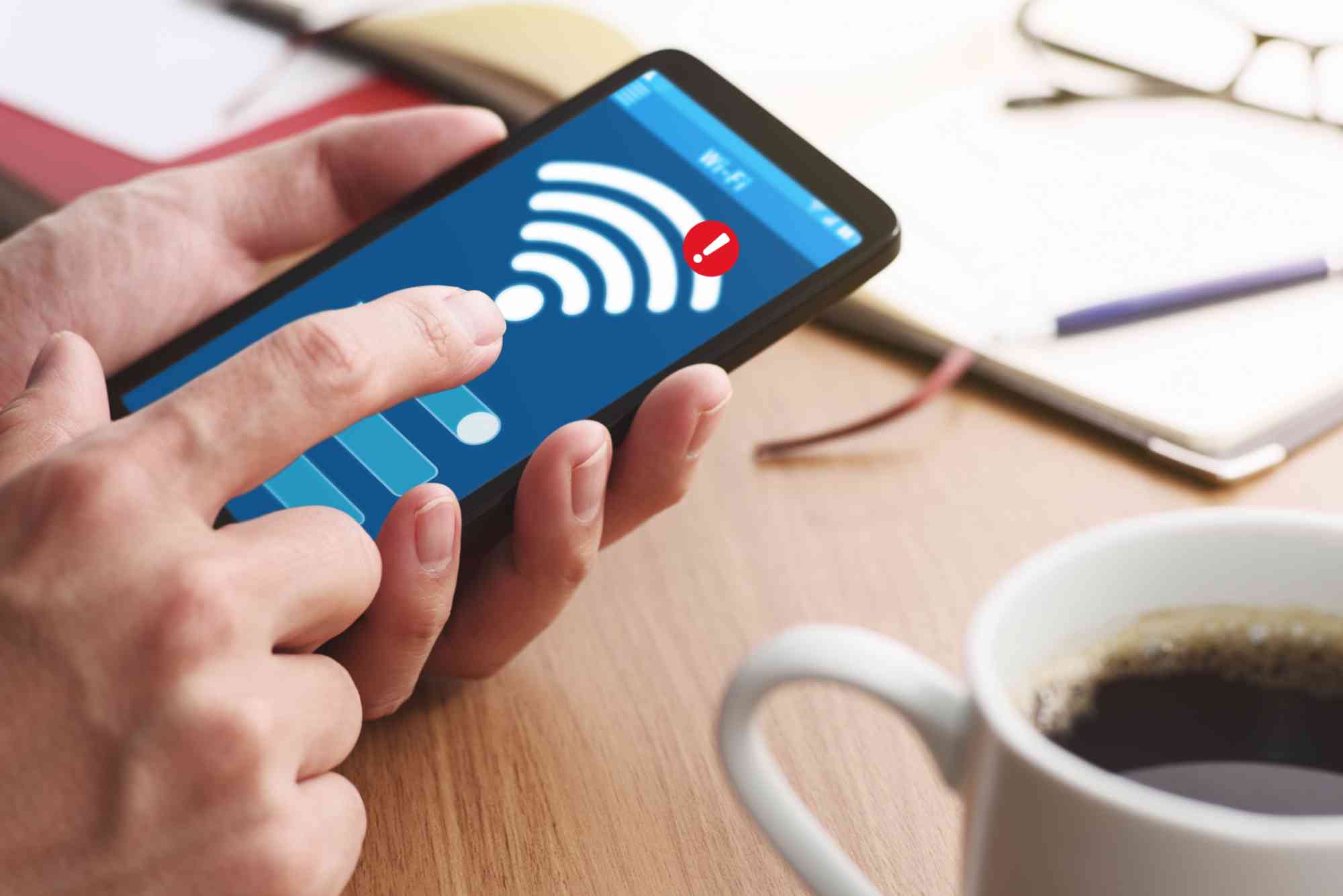Why Does ISP Speed Drop Randomly? Causes and Solutions
A stable internet connection is essential for work, streaming, gaming, and staying connected. Yet many users ask the same frustrating question: why does ISP speed drop randomly? These sudden slowdowns can interrupt video calls, cause buffering, and delay downloads. The good news is that most causes are identifiable, and solutions exist to restore reliable performance.
In this guide, we’ll explain the main reasons behind random internet speed drops and provide proven fixes. Whether the issue is with your Internet Service Provider (ISP), your home network, or external factors, you’ll know what steps to take next.
Why Does ISP Speed Drop Randomly?
The phrase “why does ISP speed drop randomly” refers to sudden, unexpected slowdowns in your internet speed. This can happen at certain times of the day, only on specific devices, or without any clear pattern. The causes can range from network congestion and faulty equipment to ISP throttling.
Common Causes of Random ISP Speed Drops
Network Congestion
When too many users in your area go online at the same time, your ISP’s shared bandwidth can get overloaded. This is why internet speeds often slow during evenings, weekends, or holidays.
ISP Throttling
Some ISPs intentionally slow down speeds when they detect heavy data usage, like streaming, gaming, or torrenting. This practice, called throttling, helps ISPs manage traffic but frustrates customers.
Wi-Fi Interference
If you’re on Wi-Fi, interference from nearby devices, walls, or even your microwave can cause speed fluctuations. The problem is more noticeable on crowded 2.4 GHz networks.
Outdated or Faulty Equipment
Old routers, modems, or damaged cables can’t handle modern internet demands. Faulty equipment often causes inconsistent speeds.
Background Applications
Unnoticed apps may be consuming bandwidth. Cloud backups, automatic updates, or hidden malware can all slow down your connection unexpectedly.
ISP Technical Issues
Sometimes the problem is beyond your control. Your ISP may have temporary outages, maintenance work, or routing issues.
Distance From ISP Server
If you live far from your provider’s infrastructure, latency and speed drops are more likely. Rural areas face this issue more often than urban centers.
Solutions to Random ISP Speed Drops
Restart Your Modem and Router
Rebooting clears memory, fixes software glitches, and restores a stronger signal.
Check Device Connections
Use wired Ethernet for critical tasks. This reduces interference and ensures stable speeds.
Update Your Equipment
Upgrade to a modern router with dual-band or tri-band Wi-Fi. Replace worn-out cables.
Monitor Data Usage
Track which devices or apps are consuming bandwidth. Windows Task Manager and third-party apps can help.
Contact Your ISP
If issues persist, contact your provider. Ask if they are throttling or experiencing outages.
Switch Frequency Bands
If Wi-Fi is unstable, switch from 2.4 GHz to 5 GHz for faster and cleaner performance.
Use a VPN
If throttling is the cause, a VPN can mask your activity and prevent your ISP from slowing certain services.
Consider Changing Your ISP
When all else fails, switching providers might be the ultimate solution. For example, Dhanote Internet Services offers reliable connectivity with customer-focused support.
Proactive Tips to Avoid Speed Drops
-
Place your router in a central, open location.
-
Regularly update firmware and software.
-
Schedule downloads and updates during off-peak hours.
-
Secure your Wi-Fi with a strong password to prevent unauthorized use.
-
Run regular speed tests to monitor performance.
FAQs About ISP Speed Drops
Why does my internet slow down at night?
Internet speeds often drop at night due to network congestion. Many users are online simultaneously, which puts pressure on ISP infrastructure.
Can too many devices slow down my Wi-Fi?
Yes. Each device consumes bandwidth, so having multiple streaming, gaming, or downloading devices connected can reduce speeds.
How do I know if my ISP is throttling me?
You can run speed tests with and without a VPN. If speeds are faster with a VPN, your ISP may be throttling your traffic.
Does router placement affect internet speed?
Absolutely. Poor placement can weaken signals. Keep your router in an elevated, central area away from obstructions.
Should I replace my router every few years?
Yes. Technology evolves quickly. Upgrading every 3–5 years ensures you get better range, security, and compatibility.
Take Control of Your Internet Speed
If you’ve ever wondered why does ISP speed drop randomly, now you know the main causes and solutions. From congestion and throttling to outdated equipment, the reasons vary—but so do the fixes.







